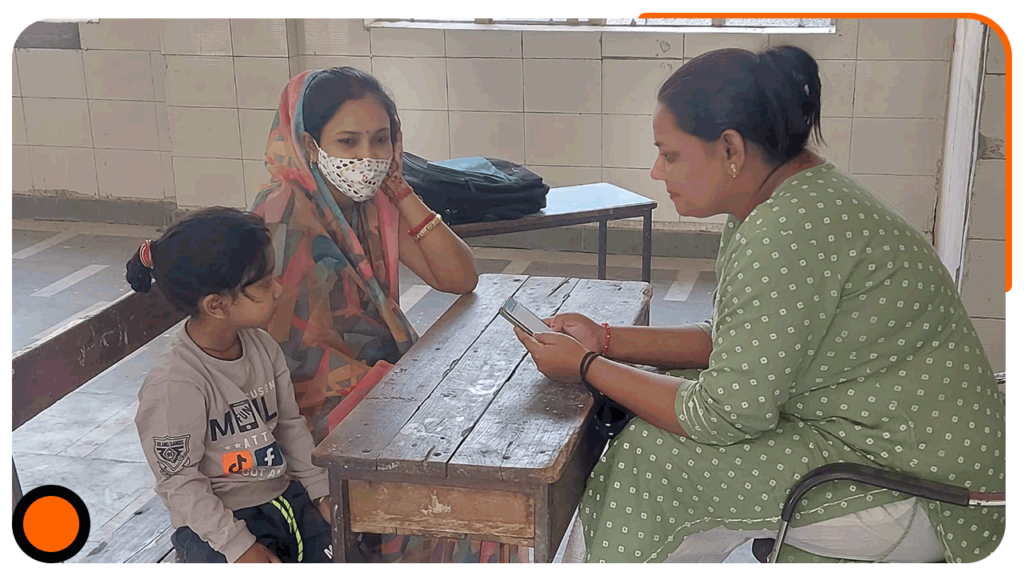Kizazi
Monitoring, Evaluation and Learning – Baseline Study
Partner/Client
Kizazi
Sector
Education
Location
New Delhi, London
KEY HIGHLIGHTS
- Kizazi is a global non profit organization that partners with local organizations to co-develop and scale breakthrough school development
- In India, Kizazi has been working with Simple Education Foundation (SEF) since 2018 to implement their ‘Whole School Transformation’ model.
- There are two operational modalities- working with all stakeholders in a school (Simple Schools) or with the Principal (Principal led Program) to improve the quality of learning and teaching in low income community schools.
- Kizazi engaged 4th Wheel Social Impact to conduct a baseline and build a database against which the program’s feasibility, progress, and effectiveness can be monitored and assessed.
- The study was conducted with 6 schools in New Delhi over a period of 9 months from June 2021 till March 2022.
APPROACH
- In order to set targets and identify key areas of impacts/improvements among schools, a Theory of Change was developed and matched to outcomes across all intervention areas- teachers, students, parents and school.
- Indicators were identified across each outcome with four structured interview tools developed for 1) Teachers, 2) Students, 3) Parents and 4) HeadMasters.
- Given the period of study was during the Covid-19 lockdown period and all classes were being conducted virtually, data collection was done both in-person and online.
INSIGHTS AND FINDINGS
- Owing to Covid-19, it was observed that classroom teaching in virtual and offline modes significantly impacts the learning outcomes and teaching-learning
- The fact that the medium of instruction was online, many students were unable to either attend virtual class (40%) or did not have access to a technology device (35%). Hence attendance levels were found to be low at the time of study.
- Technology-aided methods were most commonly used in the virtual classrooms and hence hindered SEF’s integration of teaching and learning methods such as activity based and group work. Also given that during Covid, the Government mandated use of Parivarthan Pathshala materials and worksheets, it did not leave enough room for implementing SEF’s integrated curriculum.
- Parents’ engagement in school development plans and student-centric plans was limited even though it was a part of the intervention plan. This could also be a result of Covid-19 lockdown during when parents’ involvement in school activities were highly reduced.
- Lastly, while a high number of teachers could articulate different teaching strategies (92%), the usage of these methods in class was recorded to be low (ranging from 30-40% on various methods).
RECOMMENDATIONS / VALUE ADDITION
- The study found that indicators relating to teacher’s knowledge and skills were high, the program needed to build on the implementation and facilitation of their integrated curriculum.
- Another area that required further attention were school processes and stakeholder relationships with parents and community members. Some of the recommendations provided were to increase teacher parent interactions, improve student parent interactions and reactivate and engage the School Management Committees in school development plans and SEF programs.

